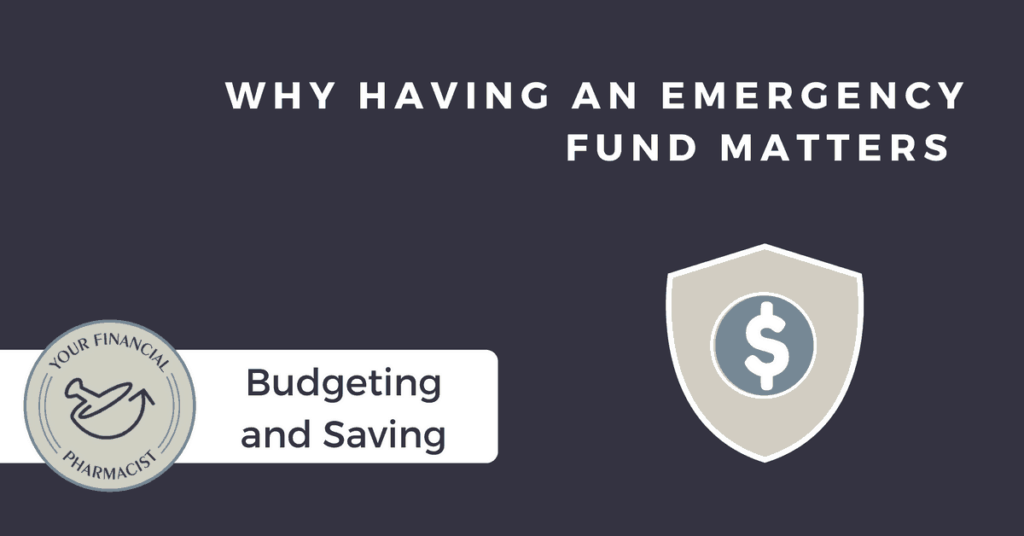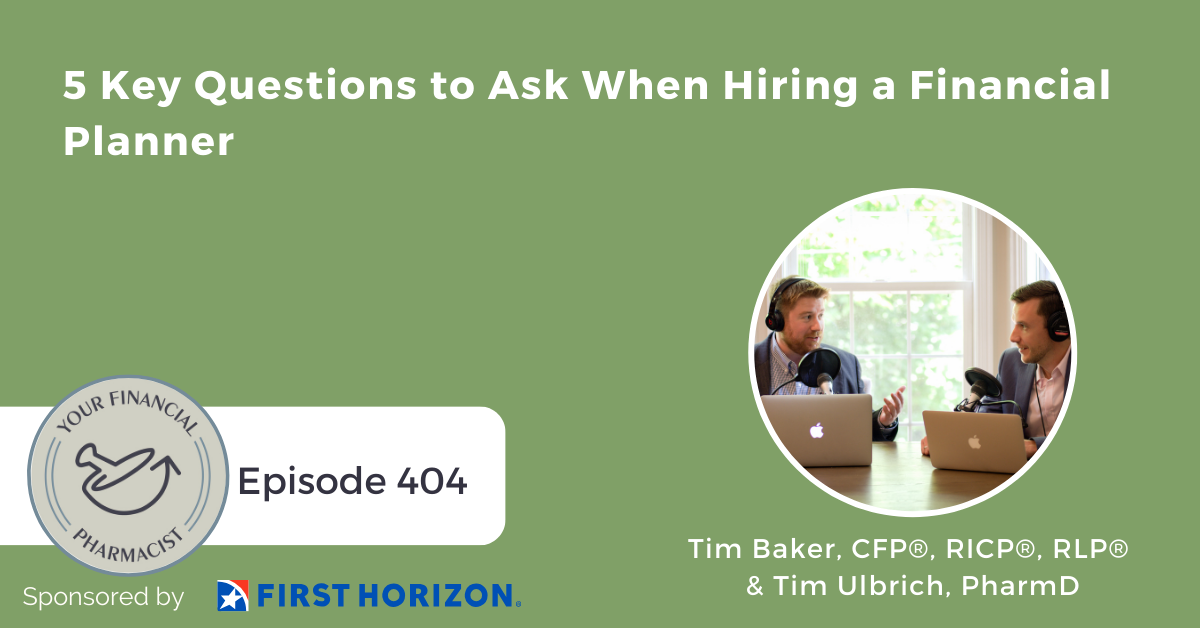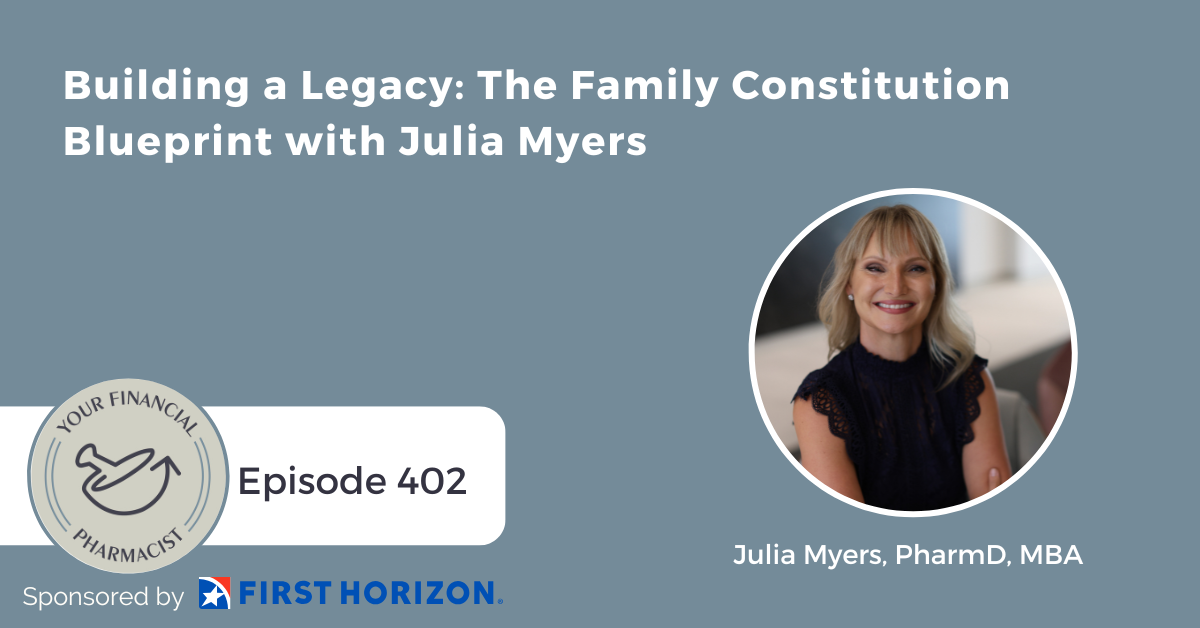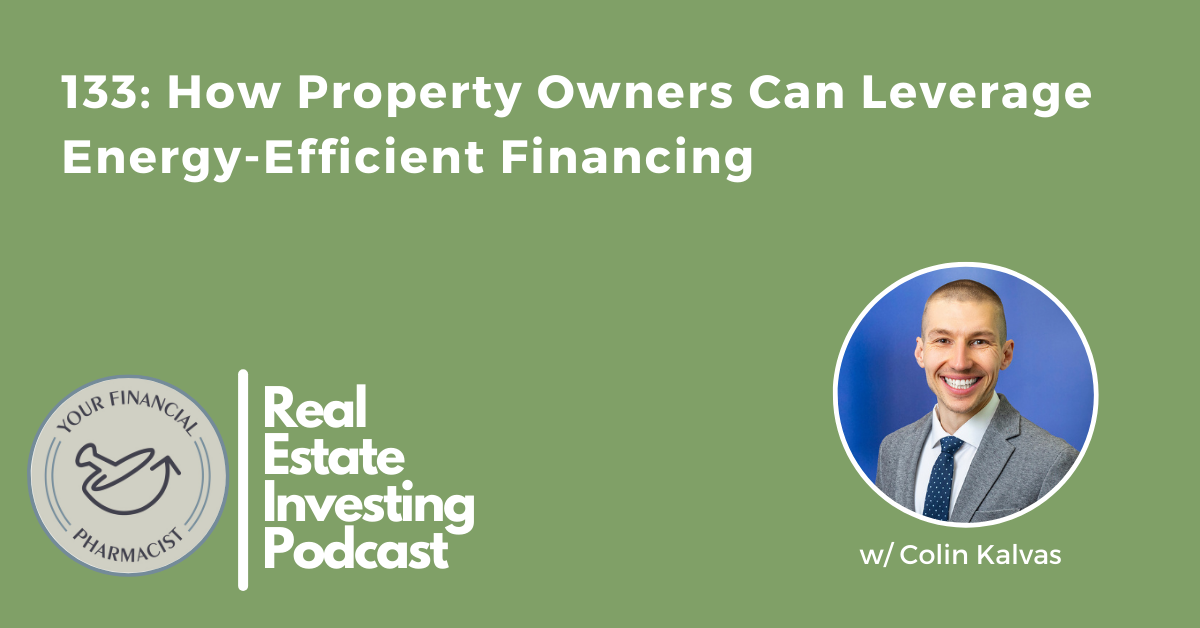At the time of writing this article, I was sitting in a Honda dealership getting some service done on my 2005 Honda Odyssey that has just over 150,000 miles on it. Jess (my wife) and I bought this used car back in 2011 right before my oldest son, Samuel, was born. It had just under 70,000 miles logged and we have beat it up pretty good with our many trips to Toledo and New York to see family. Lots of good memories in this car.
The license plate lights were out and the water guards underneath the van were falling off. I also asked them to take a look at the brakes as Jess noticed they seemed a bit shaky. I had come in that day hoping to leave with a bill for $100 or less.
Come to find out, the rear brakes were shot and needed replaced and the front ones weren’t too far off. The total charges were going to be over $700. It was time to dip into the emergency fund.
Why does having an emergency fund matter? Peace of mind. Peace of mind in knowing that the emergency isn’t going to blow up and derail our monthly budget and peace of mind knowing we can keep moving forward with our plan to achieve our short and long-term financial goals.
Am I annoyed that I have to fork over more than $700 to repair the minivan? Of course I am! Who wouldn’t be? Is it going to ruin my day? No, with the exception that I can’t help think what that $700 would be worth in 25 years if I were able to invest it rather than hand it over to the Honda dealer. I’ll get over that (eventually). Is it going to derail Jess and I from achieving our long-term goals? Absolutely not. Is it going to cause a big fight between Jess and I? Nope. We prepared for moments like this so we can write the check, work to build back up the emergency fund and move on.
I am confident that achieving long-term financial goals requires having some barriers between you and life’s emergencies to allow you to continue to pursue those goals when life creeps up on you.
Let’s face it. An unexpected expense is likely to happen so why not plan for it? According a recent Bankrate survey conducted, 4 of 10 respondents or their immediate family member experienced one or more major unexpected expense in the last year. Who knows what it could be? An unexpected root canal, emergency surgery for your pet, transmission gone bad, or a health care bill from a high deductible plan. The list could go on and on. The point is we can’t predict the unexpected event but we can plan to be ready financially when it does happen.
What should an emergency fund look like? A good rule of thumb is saving up 3-6 months of expenses (not income) in a place that is readily accessible (and separate from your other account where expenses are made) such as a simple savings account or money market savings account. If your monthly income and expenses are the same, it is time to get serious about that budget!
Don’t get too excited about the annual percentage yield (aka how much interest you will earn per year) on a simple savings or money market account. A quick search online at the time of this post showed savings accounts having rates hovering around 1% and money market savings accounts around 0.75-1%. If you are looking for an account, you can go to Bankrate to search for the best rates. You should also check with the bank you are already using to see if their rates are competitive. Save any excitement for returns to your retirement savings. The goal here is just security and protecting your financial plan.
Three tips to consider when building your emergency fund
- Determine if you want to have 3 months of expenses, 6 months of expenses or somewhere in-between. Two main factors that impact this decision include your money personality and your ability to get extra cash if needed. First, and most importantly, what is your personality when it comes to money? Can you sleep better at night knowing you have an extra cushion in the event of an emergency? Where applicable, make sure to take your spouse’s personality into account when making this decision. I always suggest that if one partner wants to be more conservative (6 months of savings) and the other more aggressive (only 3 months), it is best to err on the side of 6 months. The second major factor has to do with your ability to get extra cash quickly in the event of an emergency. For example, in the event of a major health crisis or a job loss, can you or your spouse pick up some extra money through working extra shifts to avoid having to borrow to cover the expense? If yes, maybe you err towards the 3-month end of savings. Thankfully, pharmacists are currently in a good spot to pick up some extra work or a new job.
- If you are not yet at your desired amount for an emergency fund, make this a budget item to pay yourself first rather than trying to scrape up what is left afterwards. Obviously you want to build this up as fast as you possibly can but if you are several thousand dollars off, determine what that difference is and divide it by 12 to make a plan to save that much per month over the next year to catch-up. For example, if you have $8,000 saved and determine that you need closer to $12,000, take the difference and divide it by 12. The result would be saving $333 per month for 1 year to have a fully funded emergency fund. If you find yourself struggling with how to make that amount a part of your monthly budget, you can extend that past 12 months or better yet, look for other areas to cut so it can fit.
- Re-evaluate the amount needed in your emergency fund every year for significant changes that may alter how much you want to have saved. For example, if you purchase a home, have a baby or move from residency into your first job, your 3 or 6-month amount needs to be adjusted.
Here’s the fun part. As you tighten up your budget and your expenses go down, the amount needed in your emergency fund is less and you can get on to focusing on other financial goals (retirement, giving, travel, etc.) faster. That is good motivation to get your monthly expenses down.
Financial Homework (your first one!): Determine if you have a fully funded emergency fund and if not, outline a plan to get there.
Join the YFP Community!
Recent Posts
[pt_view id=”f651872qnv”]








